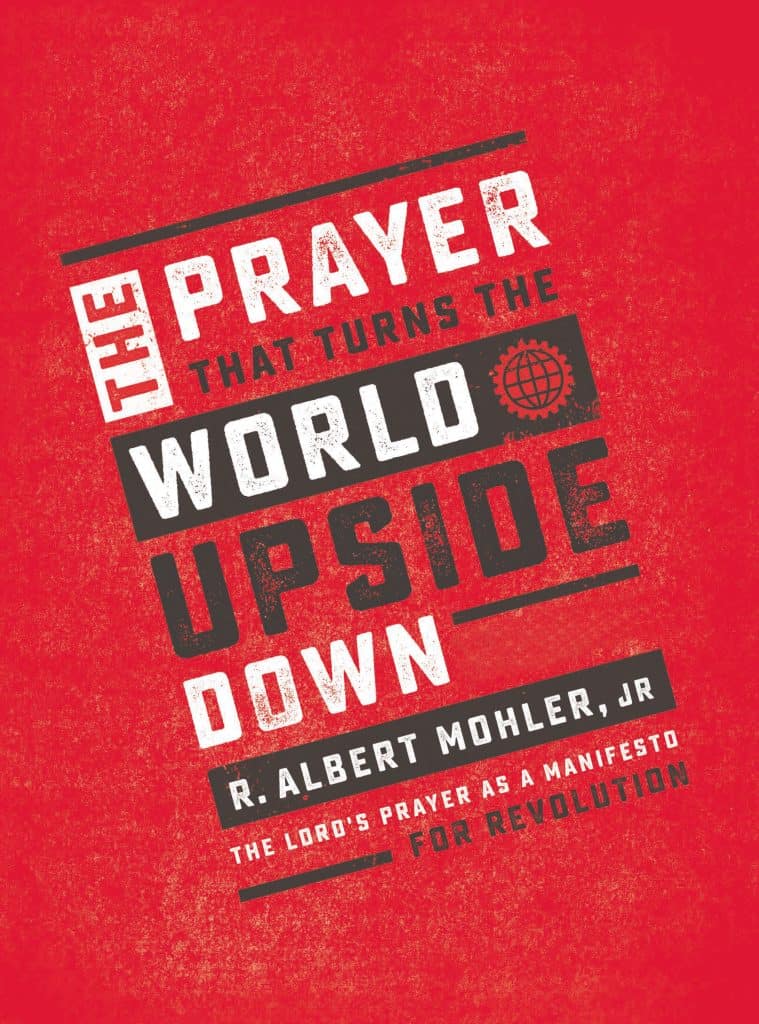⏱️ Estimated Reading Time: 8 min read
The Lord’s Prayer must be seen not only as a model of what prayer is, but also as a model of what prayer is not. Jesus provided the Lord’s Prayer within the context of the Sermon on the Mount (Matt. 5–7), as a corrective to practices that had developed that are familiar to us today, as we shall see.
Prayer is never an isolated event. When we pray, we convey our entire theological system. Our theology is never so clearly displayed before our own eyes and before the world as in our prayers. Praying forces us to articulate our doctrines, convictions, and theological assumptions.
These aspects of our Christian life come to a unique focus in prayer because when we speak to God we are explicitly revealing who we believe he is, who we believe we are, what his disposition toward us is, and why he has that disposition. This point was made by the philosopher Roger Scruton who, even before converting to theism and joining the Church of England, argued that what people truly believe about God is reflected in their worship and prayer:
“God is defined in the act of worship far more precisely than he is defined by any theology.”1 In other words, what we believe about God is revealed most truly not in what we say about him but in how we approach him— in prayer or in worship. It is one thing to hear a person state what he believes, but it is another thing to listen to him pray. Prayer always reveals the underlying theology. As the old Latin formula reminds us, Lex orandi, lex credendi— As we pray, so we believe. We can safely take Roger Scruton’s point one step further: we learn a great deal about someone by what they ask others to pray for. Just consider what we learn about the apostle Paul’s priorities and character from his prayer requests found all throughout Scripture. For instance, in 2 Thessalonians 3:1–5, Paul’s primary prayer was that the gospel advance throughout the world and that the Thessalonians would be deeply impressed with the “love of God” and the “steadfastness of Christ.”
Clearly, Paul’s primary concerns were eternal matters and the kingdom of God. In short, prayer discloses much about us. It discloses our assumptions and convictions. It discloses our view of God and of ourselves. It discloses our priorities and our assumptions about God’s priorities. It discloses our doctrines of God, man, sin, redemption, the world, and a host of other theological matters. If we really want to know what a person believes, we should listen to them pray.
Biblical scholars and pastors from almost every Christian denomination or tradition agree on this much: Christians are called to pray. Yet prayer raises a host of theological issues. What are we trying to do in prayer? Are we trying to convince God to do what he otherwise would not be inclined to do? Are we trying to negotiate with God— even to manipulate him? Are we trying to inform God of what he does not know?
The primary theological foundation for prayer is the fact that there is one true and living God who has revealed himself to us:
I am the first and I am the last; besides me there is no god. Who is like me? Let him proclaim it. Let him declare and set it before me, since I appointed an ancient people. Let them declare what is to come, and what will happen. Fear not, nor be afraid; have I not told you from of old and declared it? And you are my witnesses! Is there a God besides me? There is no Rock; I know not any. (Isa. 44:6–8)
This God has made us in his image (Gen. 1:26–27), thus we have the spiritual and rational capacity to pray. Part of what it means to be made in the image of God (to bear the Imago Dei) is being able to converse with our Creator. We see this in Eden prior to sin entering the world: Adam communed with God (Gen. 2:15–17). Man was made for conversation with God— for communion with the Creator.
Along with affirming what prayer is— communion with God— we should note what prayer is not. First, prayer is not a matter of creative self- expression. In John 4, Jesus, speaking to the woman at the well, said that those who worship the Father must do so “in spirit and truth” (v. 23)— which means we worship God according to who he is and the “truth” he has revealed in his Word. We are not allowed to approach God in any way we see fit. He is holy and exalted, and we know how to come to him only by virtue of his revealed will. Prayer is not an act of spiritual self- expression, nor is any other aspect of worship.
Second, prayer is not an act of therapy. We should not seek some sort of curative kickback when we pray. Some scholars of psychology of religion suggest that people pray because prayer produces serenity and alleviates anxiety and fear. Prayer certainly does often accomplish these things, but prayer also sometimes disrupts our tranquility. God uses prayer to radically reorient our hearts, which can be disturbing. Prayer can sometimes be “anti- therapy.” This is because prayer is not first and foremost about us, but about the glory of God.
Third, prayer is not an act of manipulation or persuasion. We are not simply trying to find the right formula or secret code to force God to answer our prayer as we want it to be answered. Nor are we trying to persuade or bargain with God as if he were one of his creations. Prayer is not persuasion. Prayer is about God’s will being done— not our own. We must come to God and learn to pray “your will be done” just as Jesus did. If God’s will is truly perfect, then why would we want to persuade him to do something that is less than perfect? It is true that Scripture encourages us to bring our deepest concerns, anxieties, and needs before God— the Bible, in fact, is full of illustrations portraying as much— but we must not bring our needs to God thinking that we do so to break down a wall of hostility or complacency. We must bring our needs before God humbly, willing to submit to his perfect plan.
Fourth, prayer is not a news report to the Creator. God knows everything perfectly. This is what Christians mean by saying we worship God as omniscient— he is all- knowing. We must resist the temptation to use prayer as a way of alerting God to what he otherwise does not or would not know. Not only does God know everything— past, present, and future— he even knows our hearts and minds better than we know ourselves. We pray, confident of God’s full knowledge but needing to remind ourselves of all our concerns in order to confess our sins, to admit our dependence, to lay out our hearts, and to pray for others. We do not pray to give God our daily briefing, but to bring everything that concerns us before the one who made us. Finally, prayer is not an act of bargaining. We have all heard prayers that sound like a negotiation meeting: “Lord, I will work on this sin if you will help me with this blessing. Also, I will try to do this for you, if you promise to do that for me.” This type of prayer reveals huge theological misunderstandings. Prayer does not inform God of what he does not know, nor does it get him to do what he is reluctant to do. Prayer does not change God; it changes us. This is not to say that God does not command us to pray or that he does not take our desires in prayer seriously. Rather, we must remember that God is sovereign at all times over all things while simultaneously being loving toward his people. Prayer is not our bargaining chip with a reluctant genie. It is our opportunity to commune with the Creator and Redeemer who loves us.
Taken from The Prayer that Turns the World Upside Down by R. Albert Mohler Jr. Copyright © 2018 by Fidelitas Corporation, R. Albert Mohler Jr., LLC. Used by permission of Thomas Nelson. www.ThomasNelson.com.




